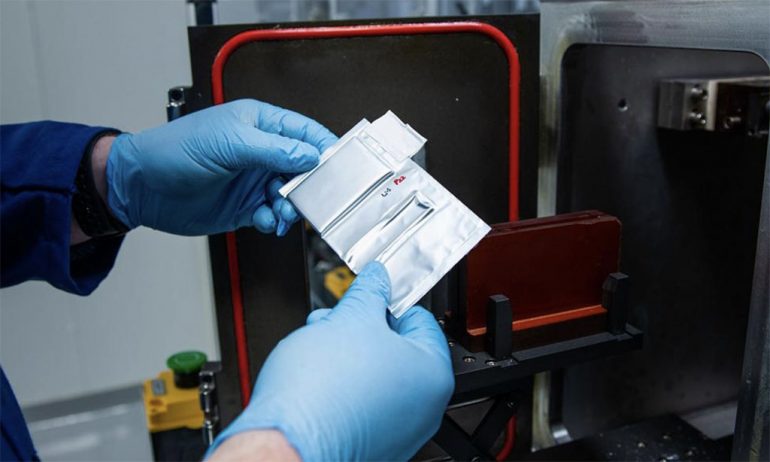
Microsoft has collaborated with the Pacific Northwest National Laboratory (PNNL) in Richland, Washington, utilizing artificial intelligence to accelerate the discovery of potential materials for new electric vehicle (EV) batteries. The partnership aims to identify a material that could reduce lithium requirements by 70%, a breakthrough that could revolutionize battery production.
The proposed solution involves replacing a significant portion of lithium with sodium, a common element found in table salt. While the concept holds promise, extensive evaluation by PNNL scientists is required to determine its feasibility for mass production. Microsoft’s executive vice president, Jason Zander, emphasized the remarkable speed of the process, stating that what might have taken years was accomplished in just two weeks.
The technology, if successful, could find applications in various sectors, including automotive, energy grids, and other areas where batteries are essential. By minimizing the reliance on lithium, an expensive and geographically concentrated resource, and incorporating more abundant and cost-effective sodium, the new approach addresses sustainability and cost challenges associated with battery manufacturing.
Brian Abrahamson, chief digital officer of PNNL, highlighted the broader implications of the process. The methodology employed to discover alternative battery materials can be extended to solve diverse chemistry and materials science challenges faced by the laboratory. Microsoft employed a combination of artificial intelligence models trained on molecular science data and traditional scientific supercomputers to expedite the identification process.
The AI-driven approach successfully narrowed down over 32 million possibilities to 18 potential candidates. These candidates were then subjected to further examination by PNNL scientists to determine which materials to synthesize and test in a laboratory setting. Abrahamson emphasized the transformative nature of this paradigm shift, wherein artificial intelligence plays a crucial role in swiftly identifying materials and ideas that can be translated into tangible laboratory experiments.
Microsoft’s collaboration with PNNL represents a significant stride in leveraging artificial intelligence for materials discovery, offering the potential to reshape the landscape of EV battery technology and address key challenges in the energy storage domain.

Mike Floyd is a finance executive by trade and a car enthusiast at heart. As a CFO with a keen eye for detail and strategy, Mike brings his analytical mindset to the automotive world, uncovering fresh insights and unique perspectives that go beyond the surface. His passion for cars—especially his favorite, the Porsche 911, fuels his contributions to Automotive Addicts, where he blends a love for performance and design with his professional precision. Whether he’s breaking down industry trends or spotlighting emerging innovations, Mike helps keep the site both sharp and forward-thinking.